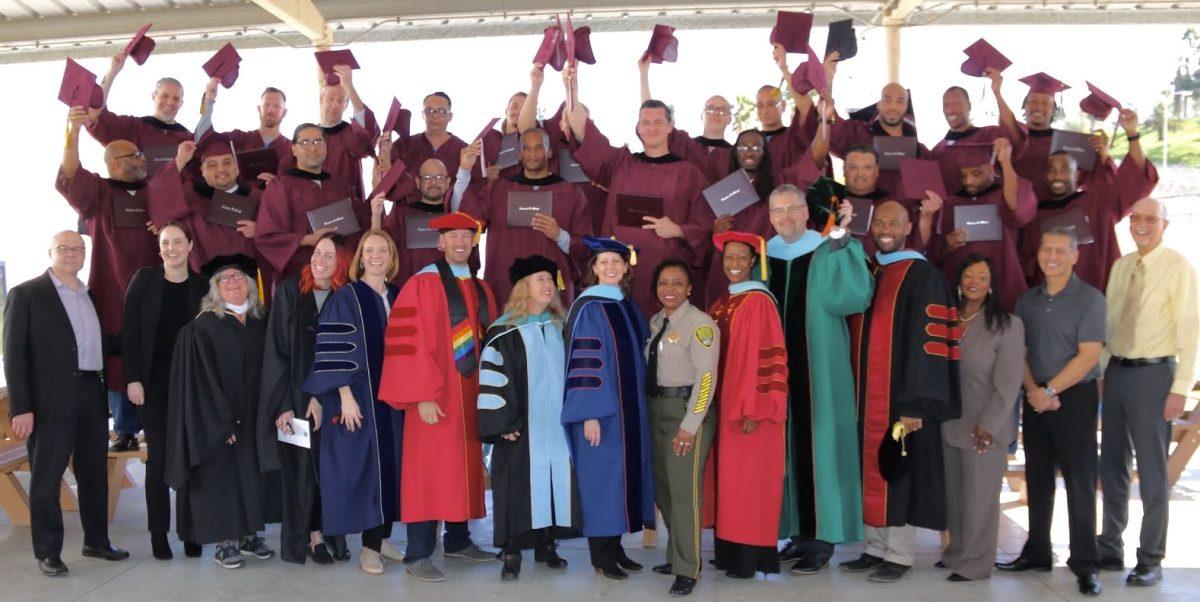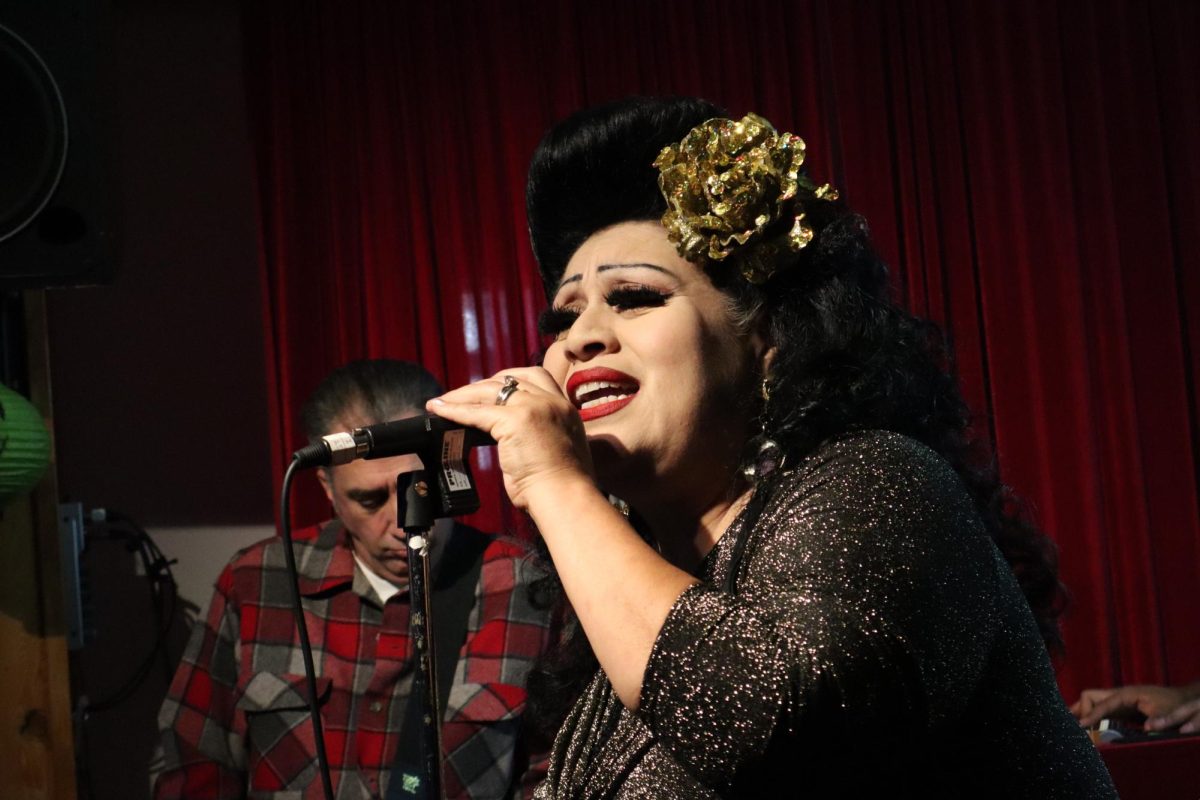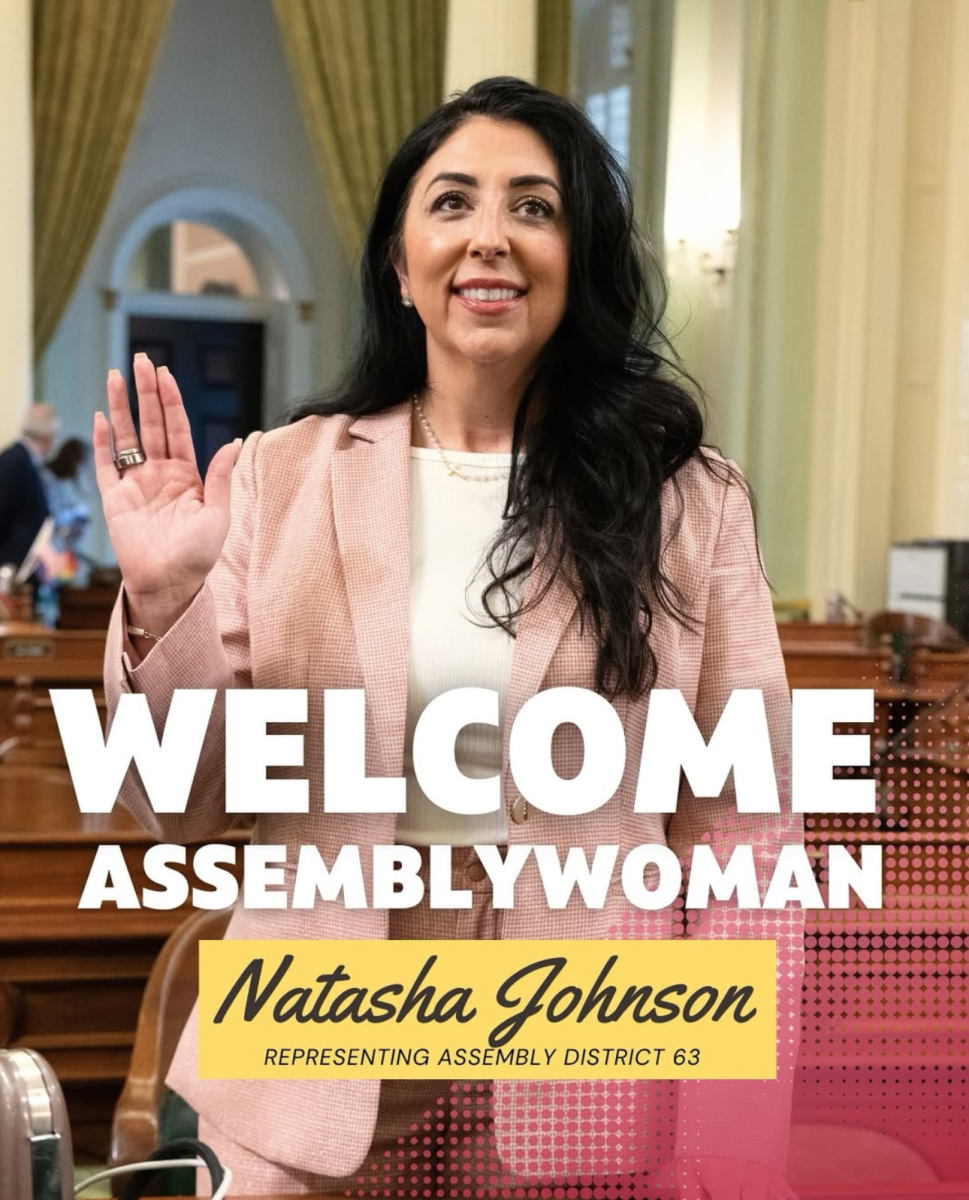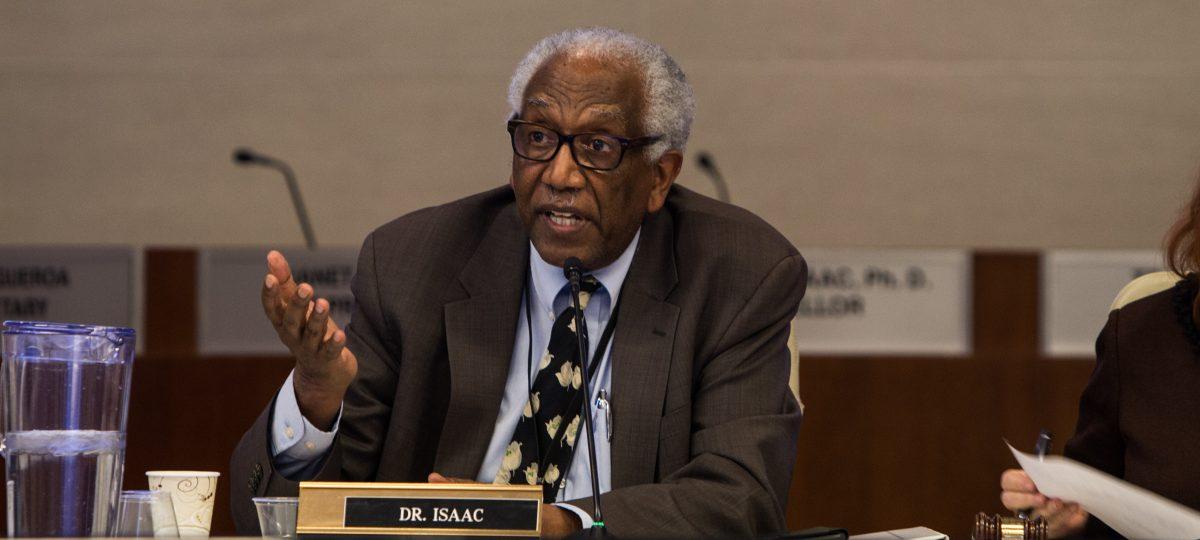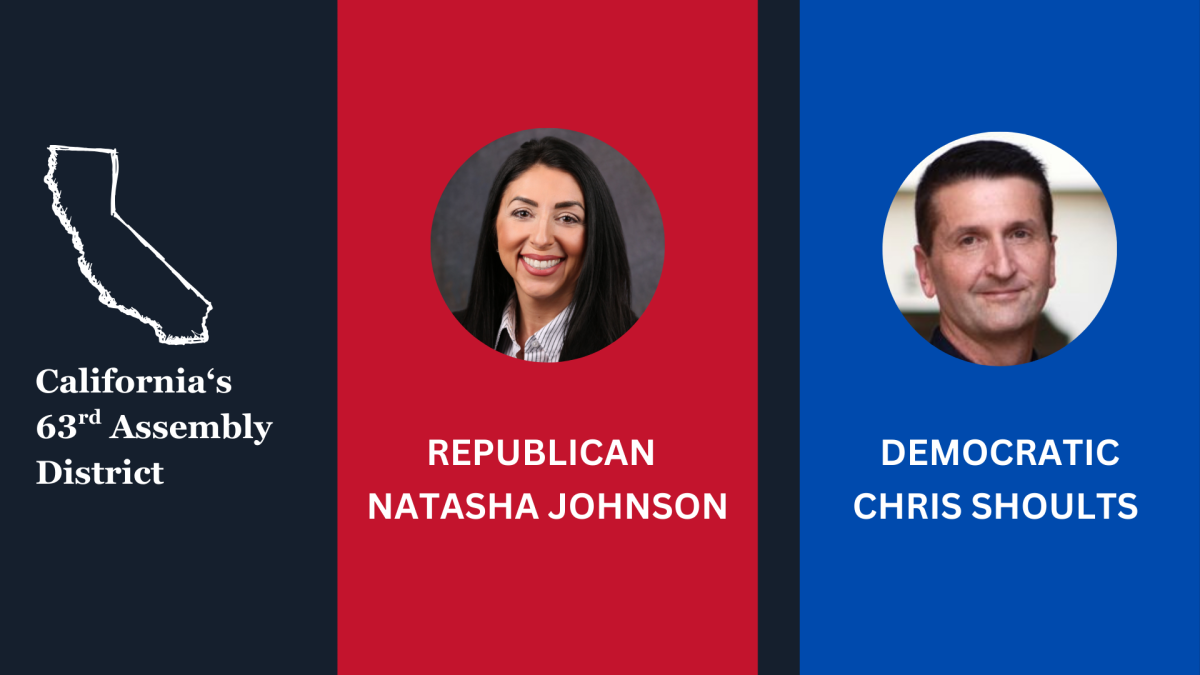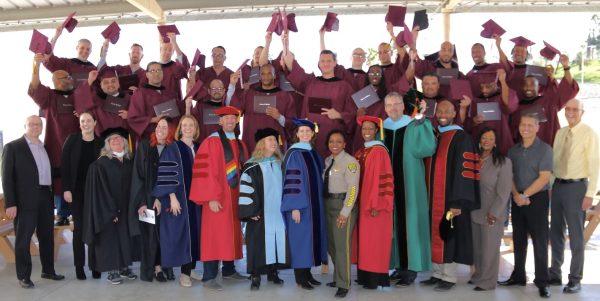
By Cheetara Piry
Only a mile from its campus, Norco College serves approximately 300 incarcerated students at the California Rehabilitation Center, a medium-security prison, offering several associate’s degree programs.
The problem, however, is that these students are usually released on parole before completion.
The California Department of Corrections and Rehabilitation incentivizes inmates to take responsibility for rehabilitation with credit-earning opportunities for sustained good behavior, as well as in-prison programs and activities participation.
Jessica Cobb, director of the Prison Education Community of Norco College, leads the partnership with the correctional facility. She said students inside are really thinking about their long term future and believe obtaining an education would put them on a path away from recidivism.
She stressed that there is a lack of resources at Community Colleges to initiate those who are released on parole before attaining their degrees because, when on parole, the responsibilities set forward, such as housing and job permanence, can make it difficult to prioritize returning to education.
“We don’t really have any resources or support to offer them,” Cobb said. “For incarcerated students, it is imperative they have peers and support that will help them navigate everything that’s new about being on campus in a non-incarcerated setting.”
The Universal Declaration of Human Rights affirms that education is a fundamental human right for everyone. Still, it is being withheld from a significant portion of the more than 600,000 people who exit the incarceration system every year.
In the 2011 Brown v. Plata case, a three-judge panel ordered the population decrease of California’s prisons after determining that overcrowding was the primary cause of the inmates’ inadequate mental health care. Proposition 57 passed shortly after, allowing parole consideration for nonviolent felons and authorizing sentence credits for rehabilitation on good behavior and education.
“It would be wonderful to be able to have continuity in the services that we provide the students,” Cobb said.
But according to Lisa Nelson, an English instructor who runs the Norco College Social Justice Initiative, at this time “there is no established program that offers a smooth pathway from Community College work on the inside to Community College enrollment on the outside.”
The solution came up as a concept proposal introduced to the Norco College Academic Senate called the Formerly Incarcerated Pathway to Higher Education, which aims to provide the resources necessary in order for formerly incarcerated students to succeed in higher education.
However, Nelson said the proposal was perceived by many as an already existing program, which is not the case.
The goal of the pending program is to help increase access and the success of disproportionately impacted students, particularly people of color and students over the age of 25, to further reduce recidivism.
Nelson highlighted the program’s need for being properly resourced and institutionalized in order to effectively assist this demographic of students.
Monica Green, Norco College president, and her administration are working with Nelson to establish the resources necessary to build this reentry pathway vision into a fully realized program.
Within the Riverside Community College District, only Norco College has the networks and partnerships inside the CRC needed to create a launching pad for serving incarcerated students. However, Nelson said it is imperative to broadcast this initiative throughout the district.
“It needs to be on all three campuses because these students, among all students, are the ones who have the least choice about where they’re living,” Nelson said. “We need to be able to serve them, whichever of our colleges they live near or can best get to.”
The average college student might still have a stronger support system, whereas most formerly incarcerated students may be older and must prioritize housing and employment before considering education.
At this time, there are some clubs that focus on outreach for formerly incarcerated students. But being student-run, they are limited in providing proper supportive resources for these systematically impacted individuals.
Transitioning Minds at Riverside City College is one of those clubs.
Rosana Gomez, Transitioning Minds president, said these individuals need special attention, not because they deserve more than other students, but because they face obstacles that other students do not.
Gomez said any program tailored to formerly incarcerated students should have a formerly incarcerated or system impacted individual at the forefront.
“It’s an uncomfortable feeling to go to somebody that might not understand where you’re coming from, having to explain that they’re on probation,” Gomez said. “These individuals come out with certain traumas that not just any regular individual might be able to understand.”
Shaun LeFlore, 39, president of Norco College’s Liberated Scholars Club, shared a transformative moment in his life. He said he was wrongly convicted of a crime and realized the system can disadvantage individuals like him when trying to attain higher education.
LeFlore advocates for creating a strong support system that helps students who feel isolated navigate their way back into a pathway toward higher education. Those who are already out of prison often feel isolated and returning to Community College can be overwhelming, he added.
“Unfortunately, those frustrations can often lead to depression, substance abuse, bad choices, risk-taking and incarceration,” LeFlore said.
He believes the pending program would be able to change the perception of incarcerated individuals, not just at Community Colleges, but in the entire community.
“I think that’s the beauty of programs like this,” LeFlore said. “It allows people like me to show my skill set, but also leverage those relationships and network.”

